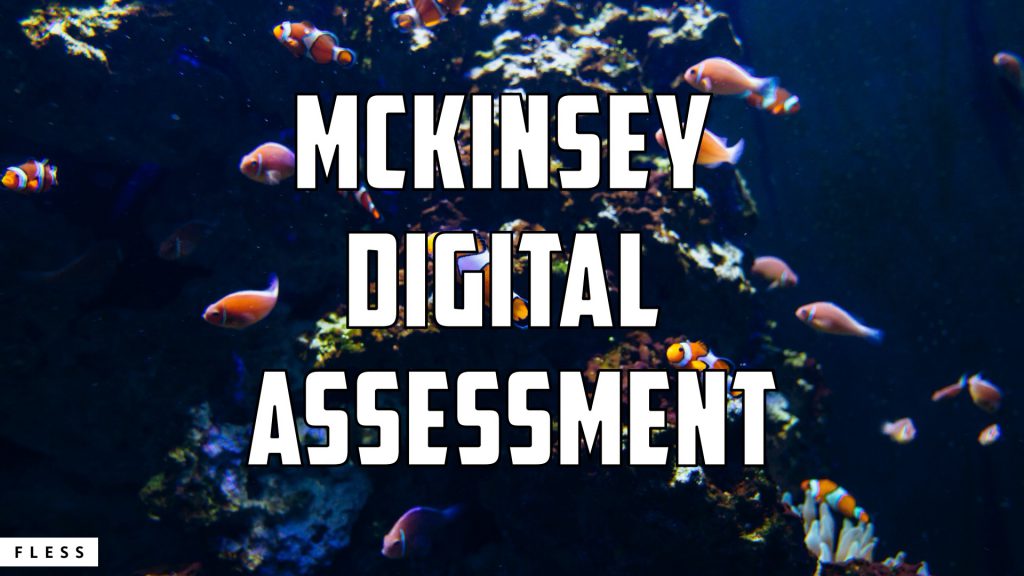
WHY CONSULTING?
You should give a structured answer, not a stream of consciousness
Before answering this question, it is worth doing a little research (using the Internet, talking to consultants, reading professional literature) and understanding what work in consulting represents and what aspects of it you are most interested in and/or overlap with your previous professional or student experience.
For the purpose of writing a motivational story, I propose to highlight the following features of consulting:
- Structured approach to problem solving in business
- Conclusions based on facts (not intuition)
- Constant communication with the client on all levels, starting from workers of production factories and ending up with top management and board of directors
- Opportunity to influence the activity of the biggest companies and organisations
- Insights into many industries and functions at an early stage of consultant’s career and specialisation at further stages (manager and upper)
- Intensive work (60 hours per week on the average)
- Quick career advancement and wide perspectives after experience in consulting
What are you interested in from the list?
Everything? OK, why? The answer “I like it and that’s it” won’t fit. On each point, think of what you actually did like, what results you achieved, how you felt about it. For example, if you are interested in constant communication with a client, remember how you participated in some student community, how you organized events with your friends, what kind of drive such communication gave you. Remember in detail. If you would like to get acquainted with a large number of industries, be ready to tell what efforts you have already made to broaden your horizons in this direction. And so on for each point.
Structure
At this stage you have already collected a large amount of factual material. Now, to answer the question “Why consulting?”, you should develop a clear structure and put the facts together. Here are some examples of how this can be done:
- (1) What there should NOT be in your ideal work, (2) What there SHOULD be in your ideal work, (3) Consulting contains many features from the second list and none from the first, that is why this sphere is perfect for you
- (1) You are interested in consultant’s everyday work (short-term perspective), (2) You are interested in working on various projects (mid-term perspective), (3) You are interested in the opportunities you will get after consulting (long-term perspective)
- (1) Now you are a talented student or young professional, (2) Consulting will help you get the important skills and experience which (3) will open a gate to your career goal.
You can structure the narrative as you prefer, but it is important to make it logical and provide enough detail. I suggest the last one from the above-mentioned because it demonstrates your maturity and strategic thinking in the field of career management. Show the reader you rationally reasoned what you need from consulting companies and why you are ready to work, even if the work turns out to be harder than you expected.
So, the story of your career:
- Now you are a talented student or young professional. You have strong theoretical knowledge from XXX university, your analytical skills are at a high level thanks to participation in XXX club and work at XXX company.
- You are dreaming of becoming a top manager in a big company in the XXX industry / an entrepreneur in the XXX industry (mention what suits you better).
- In order to reach this goal you need tolay the foundation for a CEO toolkit: to study different industries and get deep experience and knowledge on a range of industries and functions, develop the skills of analysis, communication and organizing time and people, and get international experience etc.
- All this can be done only working with other talented and goal-oriented young people who usually start their career in consulting.
Thus, work in consulting is the best route for you to reach your career goal and not atribute it to a popular trend. It is your rational choice made basing on the information you have and taking into consideration the possible options for you. As if you had solveda small career case and understood that consulting is your next step.
Consulting for life?
There is no need to say that you want to work in consulting your whole life, unless it is so. Demonstrate that consulting is a logical continuation of your career development for the next 2-3 years and afterwards you will move on. You will give enough benefit within this time period. Moreover, you might get the chance to stay. Even if not – the important thing is that the consulting firm will be proud to write about you as its alumnus/alumna.
In the following article I’ll tell you how to answer the question Why specific company?



